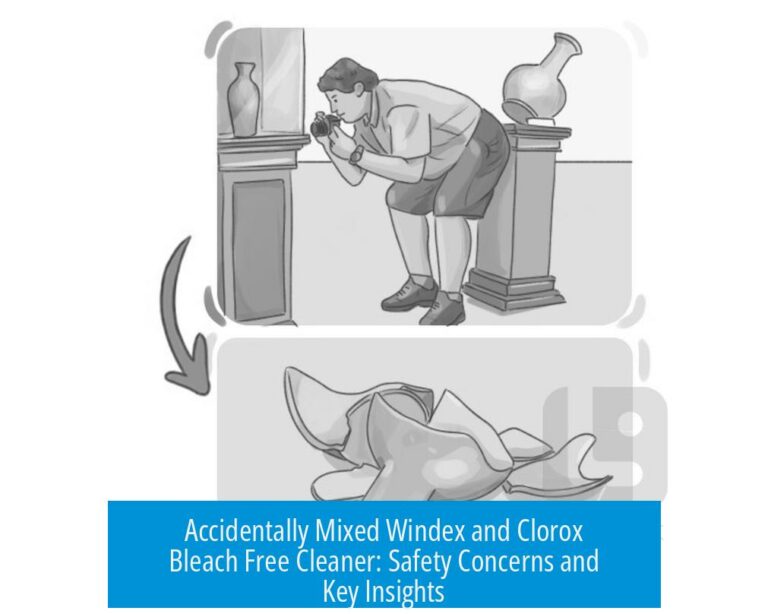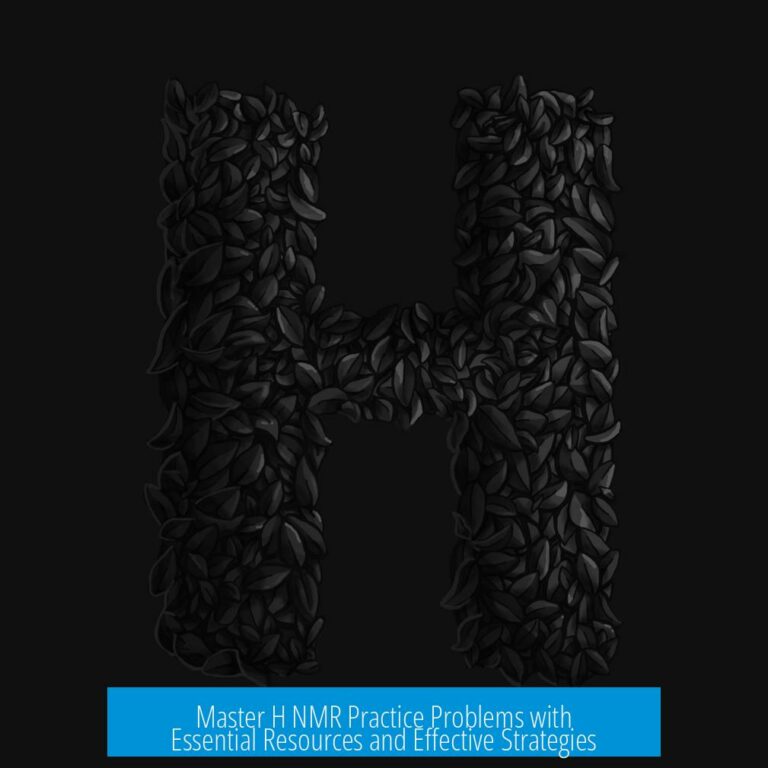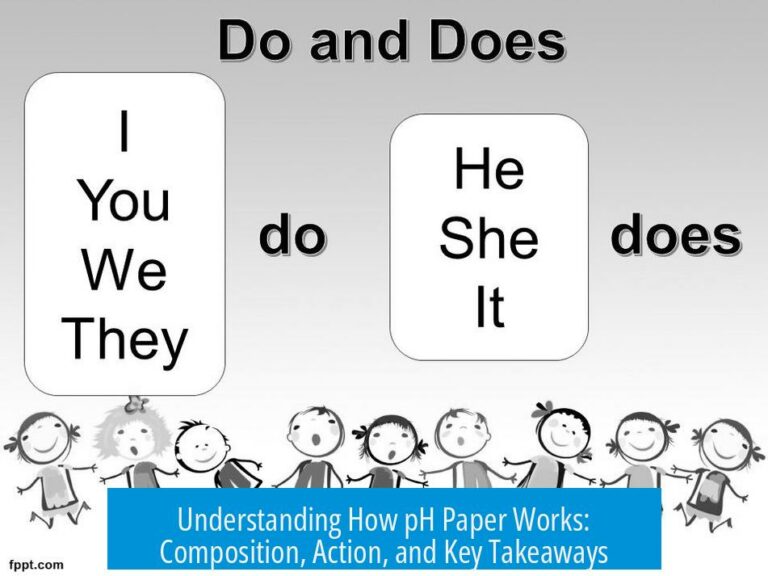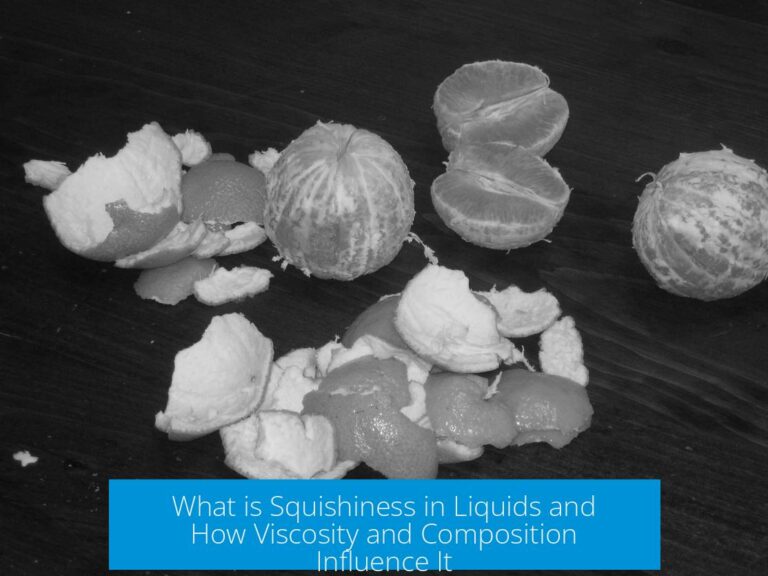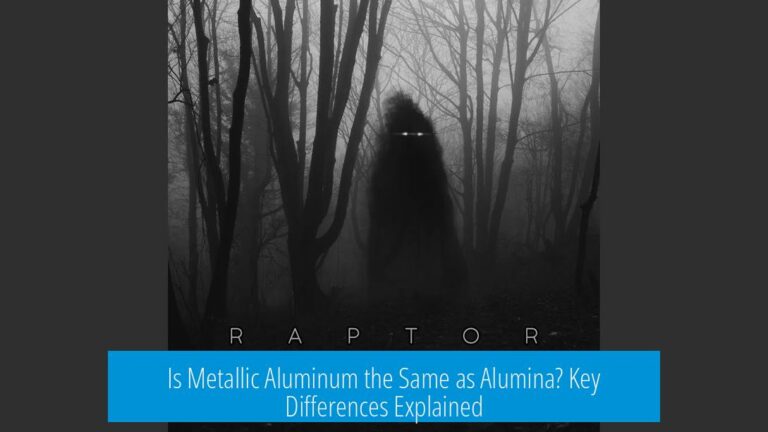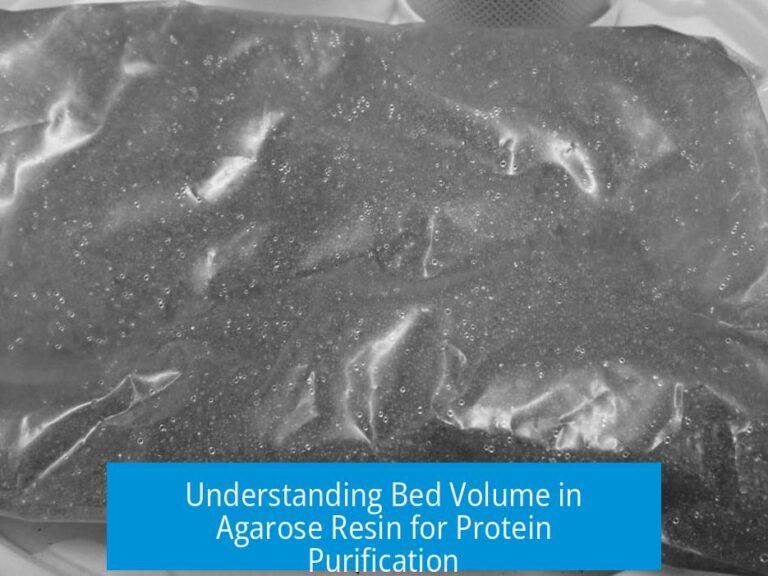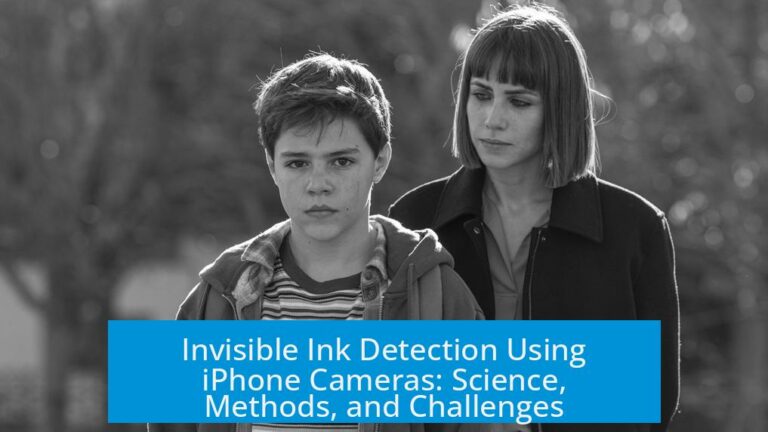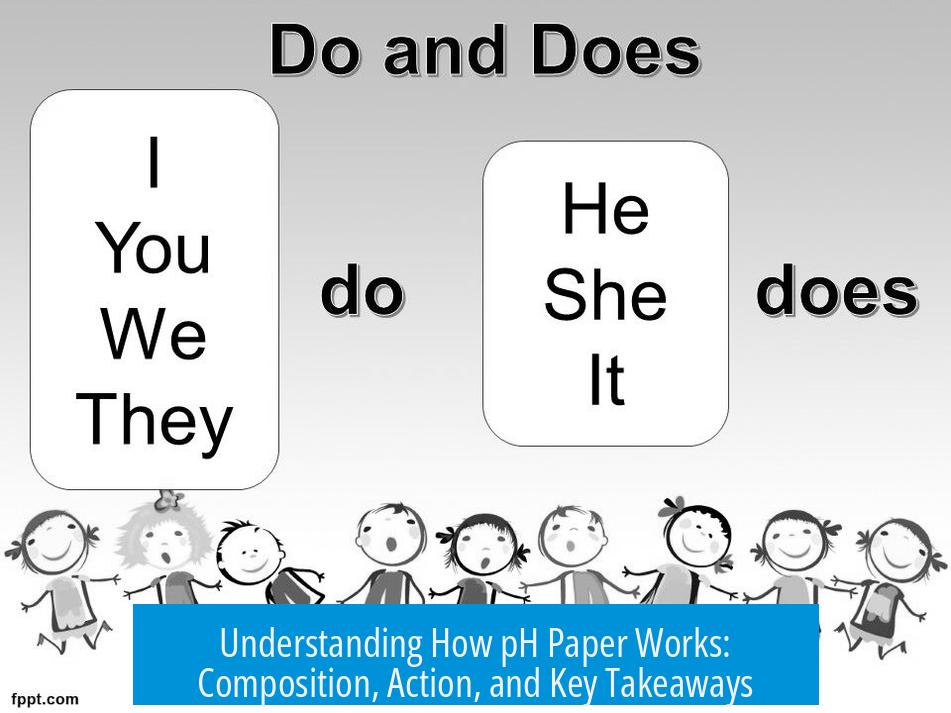Popular
Trending
1
2
3
4
5
6
7
8
9
10
Physics & Chemistry
How Does pH Paper Work? pH paper works by changing color when it comes into contact with a solution, indicating the solution’s acidity or alkalinity based on the concentration of...
What is Squishiness in Liquids, Anyway? Squishiness in liquids primarily refers to the sensation created by a combination of factors including viscosity and viscoelasticity, but it is not a property...
How to Thicken Water to Float Paints on the Surface Thickening water effectively for floating paints involves using specialized water-soluble thickeners, with xanthan gum standing out as the preferred choice...
Is This the Same as This: Metallic Aluminum vs. Alumina Metallic aluminum and alumina are fundamentally different substances composed of distinct atoms arranged in distinct structures, leading to different properties,...
Understanding Bed Volume in Agarose Resin for Affinity Protein Purification Bed volume in agarose resin affinity purification refers to the actual volume of the resin material within the total slurry...
This Candle Produces Oxygen on Submarines by Burning at 600°C/1,112°F: Key Insights and Applications
This Candle Produces Oxygen on Submarines by Burning at 600°C/1,112°F This specialized candle produces oxygen by burning iron and sodium chlorate at about 600°C (1,112°F),
Accidentally Mixed Windex and Clorox Bleach Free Every Day Cleaner: Should You Be Concerned? Accidentally mixing Windex and Clorox Bleach Free Every Day Cleaner generally
Multivitamins Daily Slightly Increase Cancer Risk: What Should You Take Daily? Daily intake of multivitamins shows, at most, a slight and uncertain increase in cancer
H NMR Practice Problems: Key Resources and Strategies H NMR practice problems build skills necessary for analyzing proton nuclear magnetic resonance spectra effectively. These problems
How Does pH Paper Work? pH paper works by changing color when it comes into contact with a solution, indicating the solution’s acidity or alkalinity



